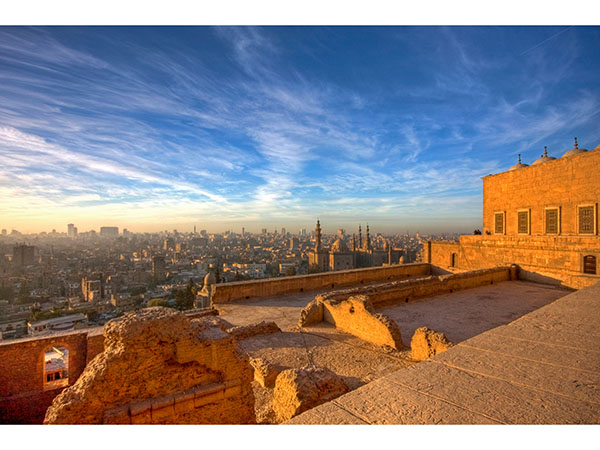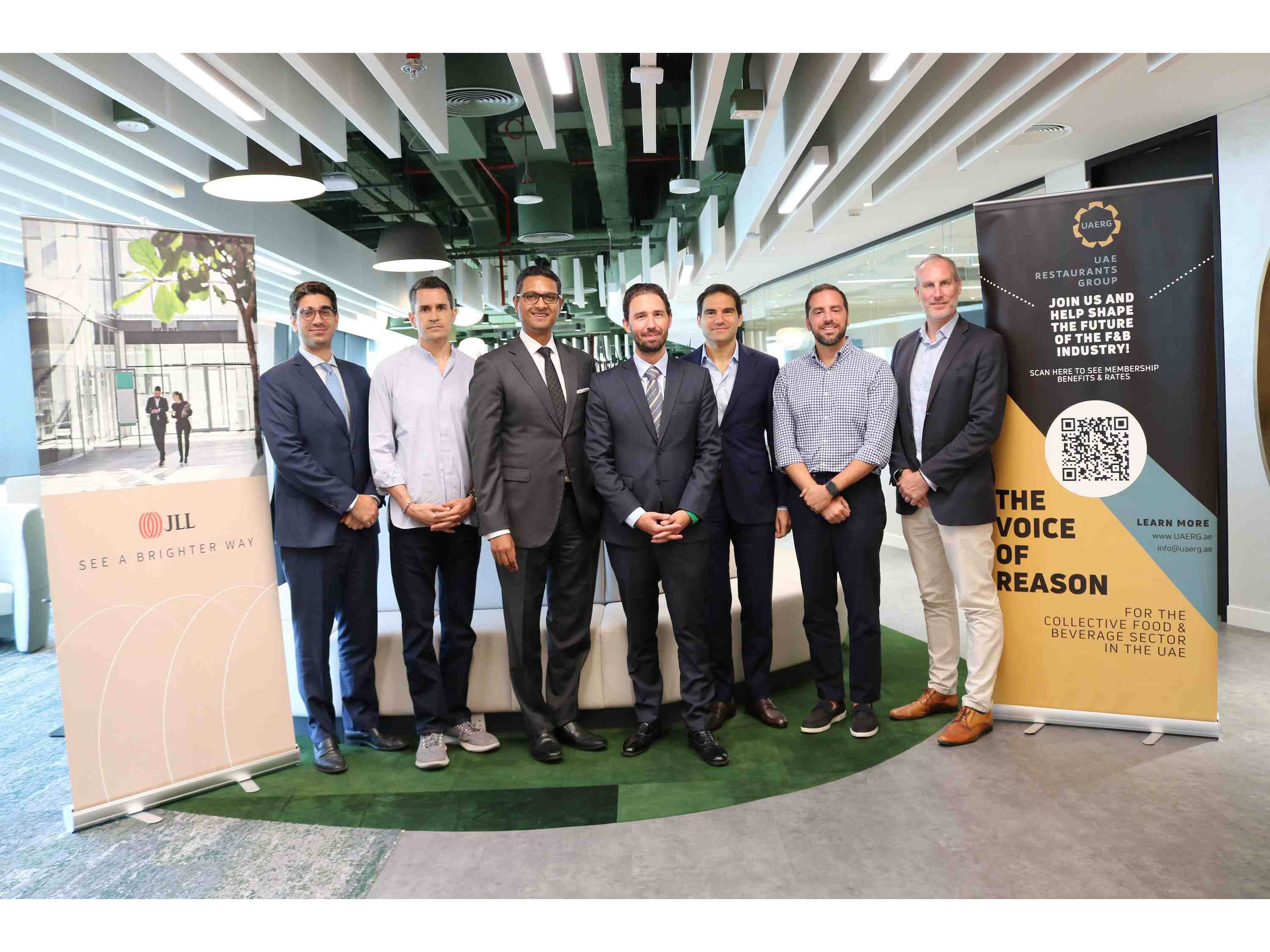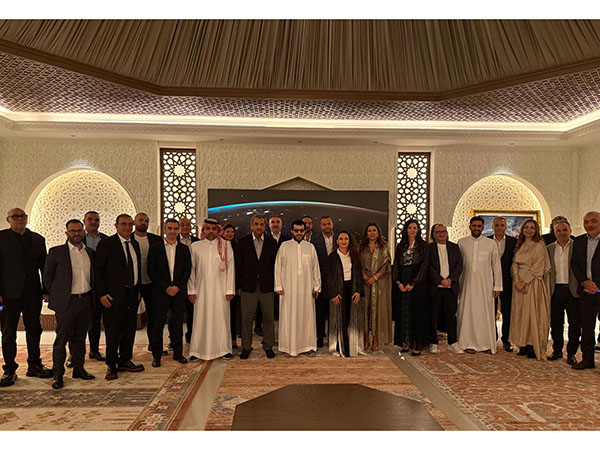News - News In Brief
Cairo’s hospitality sector shows signs of recovery
October 15, 2021

Cairo’s hospitality sector is shaking off the impact of the global pandemic and gradually showing signs of recovery, according to JLL’s Q3 2021 Real Estate Market Overview report recently released.
While performance is not yet back to pre-Covid levels, the third quarter has seen the sector turn a corner with occupancy rates registering 41% in the YT August 2021, compared to 29% in the same period of last year.
Helping to boost the sector has been the Egyptian government’s easing of flight restrictions and the permitting of hotels to increase operational capacity from 50% to 70%. This also follows the notable increase in vaccination rates over the past quarter.
This relaxation of rules has worked to the advantage of hotel operators with domestic tourism slightly increasing as people opted for staycations rather than travelling abroad over the summer season. A modest increase in tourism from some of the Gulf countries also helped over the three-month period.
“Over the medium to long-term, the rate of recovery will be dependent on the government’s efforts in speeding up the roll-out of its vaccination programme, coupled with its strategy to enhance and deliver new and existing tourist destinations,” said Ayman Sami, Country Head, JLL Egypt.
Around 250 keys were delivered in Q3, bringing Cairo’s total stock to around 27,000 keys. Almost 200 keys are also expected to be delivered in the fourth quarter.
In the office market, Over 58,000 sq. m. of office space was delivered in the third quarter as the new phase of Cairo Festival City was completed, bringing the total office stock to 1.5 million sq. m. of GLA.
Demand for flexible offices in Cairo continues to increase, and as a result more flex-office operators are emerging. This is especially seen with local businesses who are competing to introduce high-quality co-working spaces with unique concepts, including offerings such as F&B and lifestyle and wellness.
The residential market saw activity in Cairo continue to gradually pick-up in the last quarter. This was reflected in sales prices, which saw annual increases of 4% and 6% in 6th October and New Cairo, respectively.
Some buyers continue to take a “wait-and-see” approach, especially in the case of larger transactions, as they assess market dynamics. However, the introduction of new initiatives from the government and private developers are expected to provide a boost to market activity in the medium-term.
In terms of retail performance, activity in Cairo slowed in Q3 as local residents headed to the North Coast for the summer season. Retailers followed by expanding their offerings in the northern cities in the form of smaller pop-up shops to satisfy the higher levels of demand.
“What we observed is that as activity slowed this quarter, developers in Cairo took the opportunity to study their tenant mix and assess which new concepts they could bring to the market to increase footfall and dwell-time,” said Sami.
“An option that some developers have been exploring is attracting those brands to the capital which have had success on the North Coast, especially the unique Lebanese and local F&B concepts,” he added.
Around 15,000 sq. m. of retail space was completed in Q3 with the delivery of Gateway mall bringing the total retail stock to 2.5 million sq. m. Around 57,000 sq. m. of GLA is expected to enter the market by the end of this year.
Looking ahead, activity in Cairo’s retail sector is expected to increase in the fourth quarter as people return from their summer vacations and the focus shifts back to the city.












